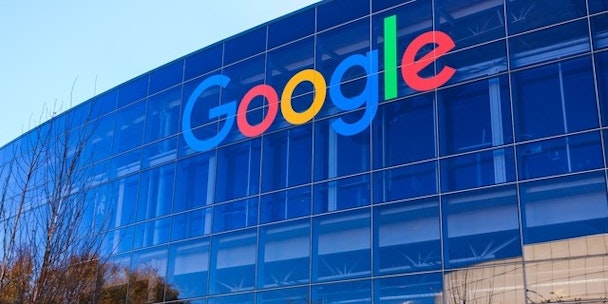Google’s first-price auction shift is just the start towards full transparency
In any and every industry, true progress takes time. Yes, innovation happens at breakneck speed — particularly in the tech sector — but industry-wide change is a slow and steady process. More often than not, this starts on a small scale. It’s the ripple effect, in which one small, intentional move sets off change within a system. Massive innovation begins with agile and independent companies intentionally making waves and setting new standards. This is what leads major players to eventually adopt and establish these practices as the new normal.

Index Exchange on why transparency will provide true progress in innovation.
For those of us in programmatic advertising, few recent examples better illustrate this fact than Google’s shift to a first-price auction model. For those readers outside of programmatic, fear not, I’ll explain exactly what this means in a second.
In the world of digital advertisements and real-time bidding, ‘first-price auctions’ refer to a model in which the buyer pays exactly the price they’ve bid on an ad impression. Conversely, second-price auctions refer to a model in which the buyer pays $0.01 more than the second highest bid on an impression. In theory. The trouble is, exchanges were never running on pure second-price. Each had their variation on the model, with modifications that ranged from benign to malignant. Think: Price floors and hidden fees to buyers.
For years, modified second-price auctions were the industry standard and the mass-adopted norm, despite their inherent lack of transparency and revenue-reducing constraints. The only way to achieve a truly fair, unified auction was by shifting to first-price, which is exactly what independent ad exchanges (Index included) began to do a few years’ back. Slowly but surely, this shift brought greater fairness to the market, boosting buyers’ win rates and publishers’ revenue opportunities along the way.
Just last week, Google announced their programmatic exchange, Adx, would be moving to a first-price auction model. It’s a decision publishers, buyers, and competing exchanges immediately celebrated, and another perfect illustration of the sea change independent exchanges are capable of creating.
This was the second time we’ve seen independent, less entrenched companies affect the industry; first was the launch of header bidding. Programmatic incumbents had no reason to welcome this disruption, as it upended a really lucrative model — one that was positionally easy to defend for massive companies. Leaner, more agile groups had tremendous barriers to entry. But the header ultimately made the market cleaner and more balanced, an innovation that might never have occurred without independent players stepping in and making waves.
That said, many challenges remain. The shifts to header bidding and first-price auctions were both powerful, important steps in ensuring our supply chain became clearer and our ecosystem more transparent and fair, but they are still single steps. In the coming months and year, it is our responsibility as independent players to take this transparency and accountability to the next level; to usher in the next era of great change. And I trust that next step will involve lifting the hood on our operations and revealing to partners and competitors alike how our technology operates.
Now, given the effort it requires to innovate, it’s natural for creators to be wary of revealing the details of their latest and greatest iterations. But I’m a firm believer that the next era of innovation, accountability, and clarity will only be achievable if we start to do exactly that — something we’re actively striving to do at Index.
Transparency has been our industry’s buzzword for quite some time. Many tech vendors and platforms claim to be fully transparent and open, but more need to put their money where their mouth is here. We can’t proclaim transparency and accountability are top priorities, nor criticize the walled gardens, if we’re not being completely open with our ecosystem. Terminology, processes, and transactions should never be ambiguous.
True progress takes time and true accountability will take collective effort. We’re just getting started.
Will Doherty is the executive vice president, global marketplace development at Index Exchange.
Content by The Drum Network member:


